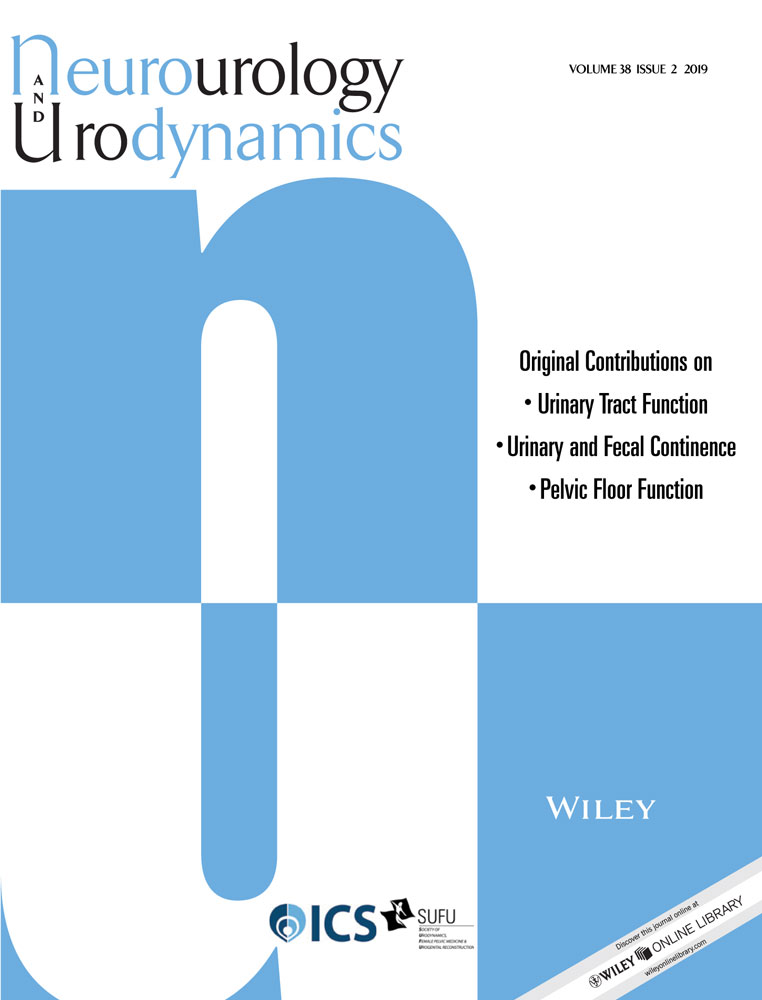Which anticholinergic is best for people with overactive bladders? A network meta-analysis
Abstract
Aim
To carry out a network meta-analysis of randomised controlled trials (RCTs) of anticholinergic drug treatment for people with overactive bladders.
Methods
Comprehensive searches for relevant RCTs were carried out starting with RCTs included in previous systematic reviews with the last search in February 2017. Searches included terms for the anticholinergic drugs tolterodine, oxybutynin, trospium, propiverine, solifenacin, darifenacin, imidafenacin, and fesoterodine. Data was extracted from the systematic reviews or reports of studies for cure or improvement, voids per 24 hr, leakage episodes per 24 hr and dry mouth. Data was analysed using frequentist network meta-analysis.
Results
128 studies were found. There was no clearly best treatment for cure or improvement. The differences between treatments for voids and leakages were small and unlikely to be of clinical importance. Transdermally delivered oxybutynin was clearly the best treatment for dry mouth but was still worse than placebo.
Conclusions
All the anticholinergic drugs were better than placebo but apart from dry mouth were similar in effect. Transdermal oxybutynin caused less dry mouth than the other treatments, so may be worth considering as the first treatment.




